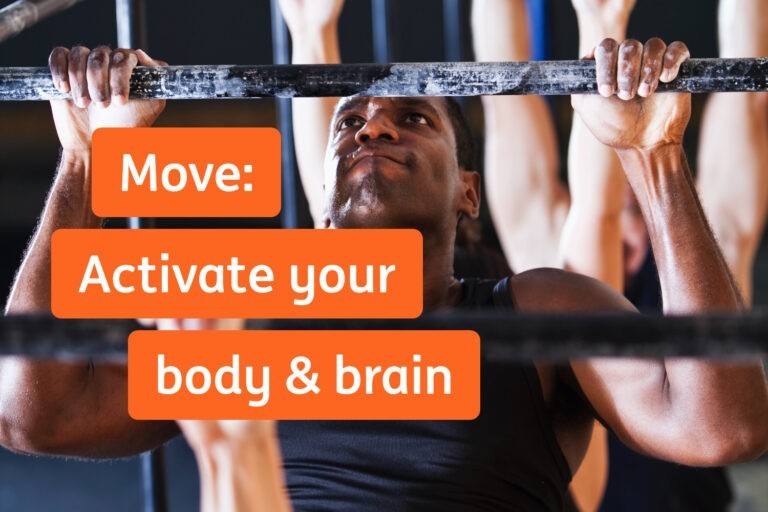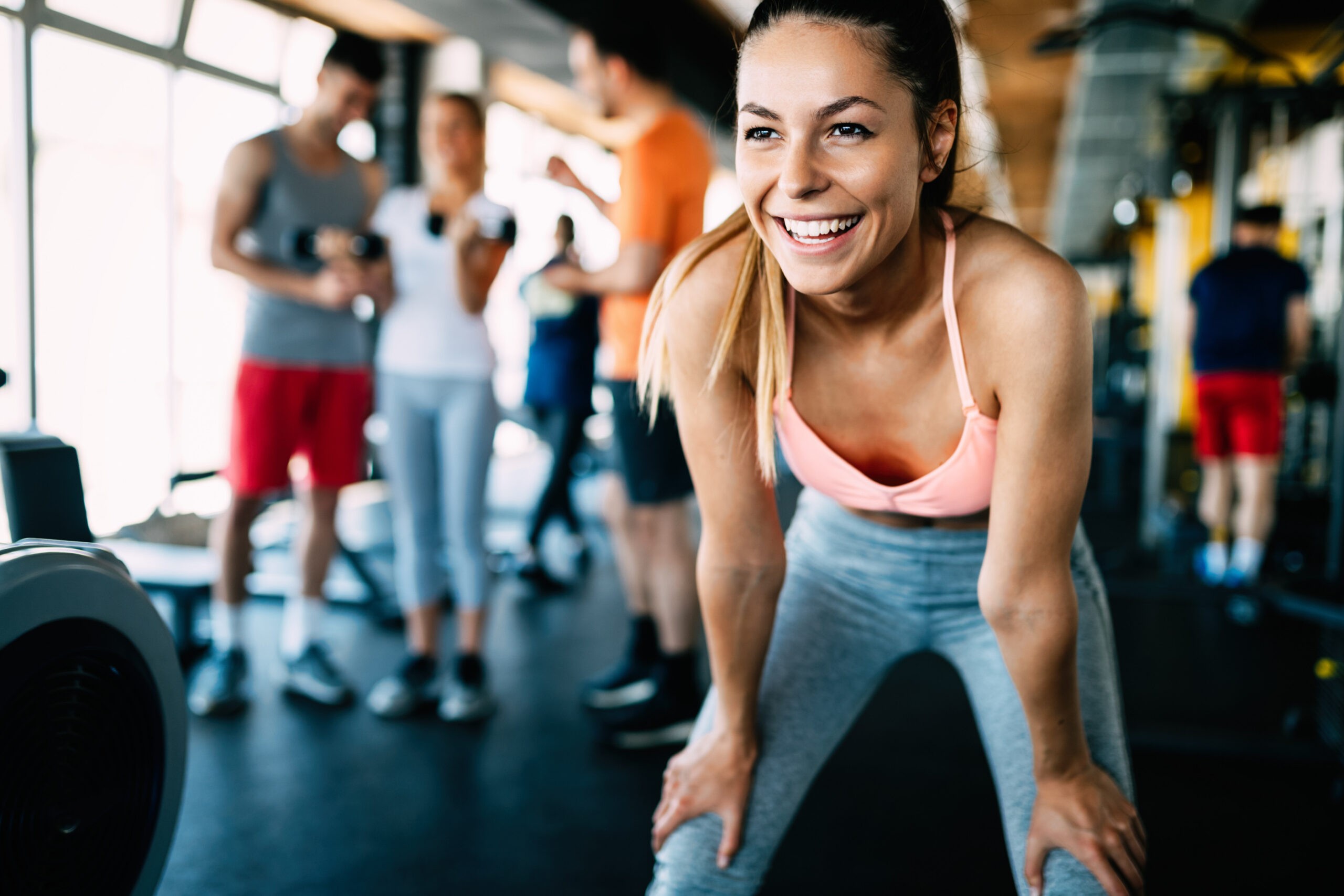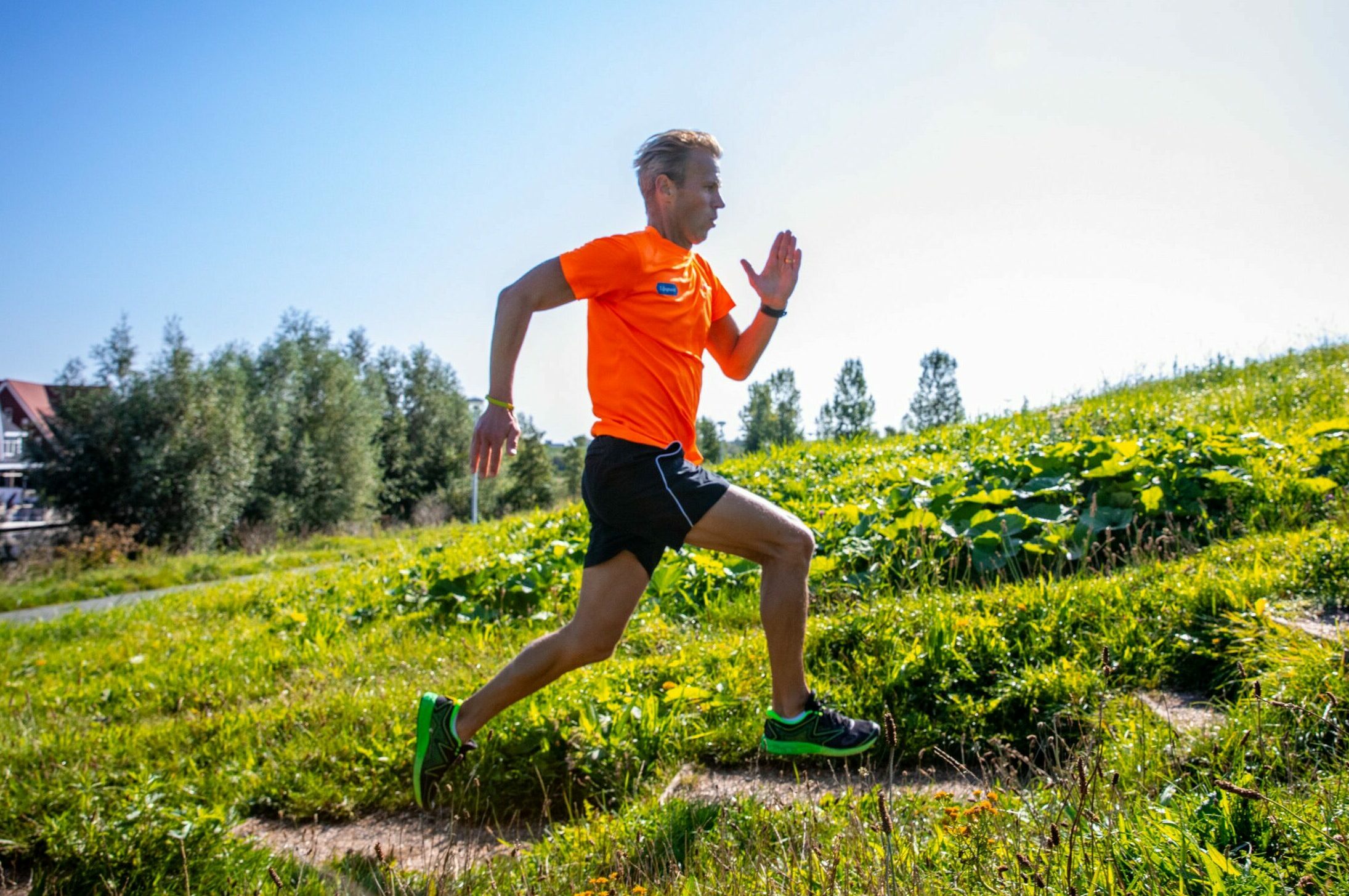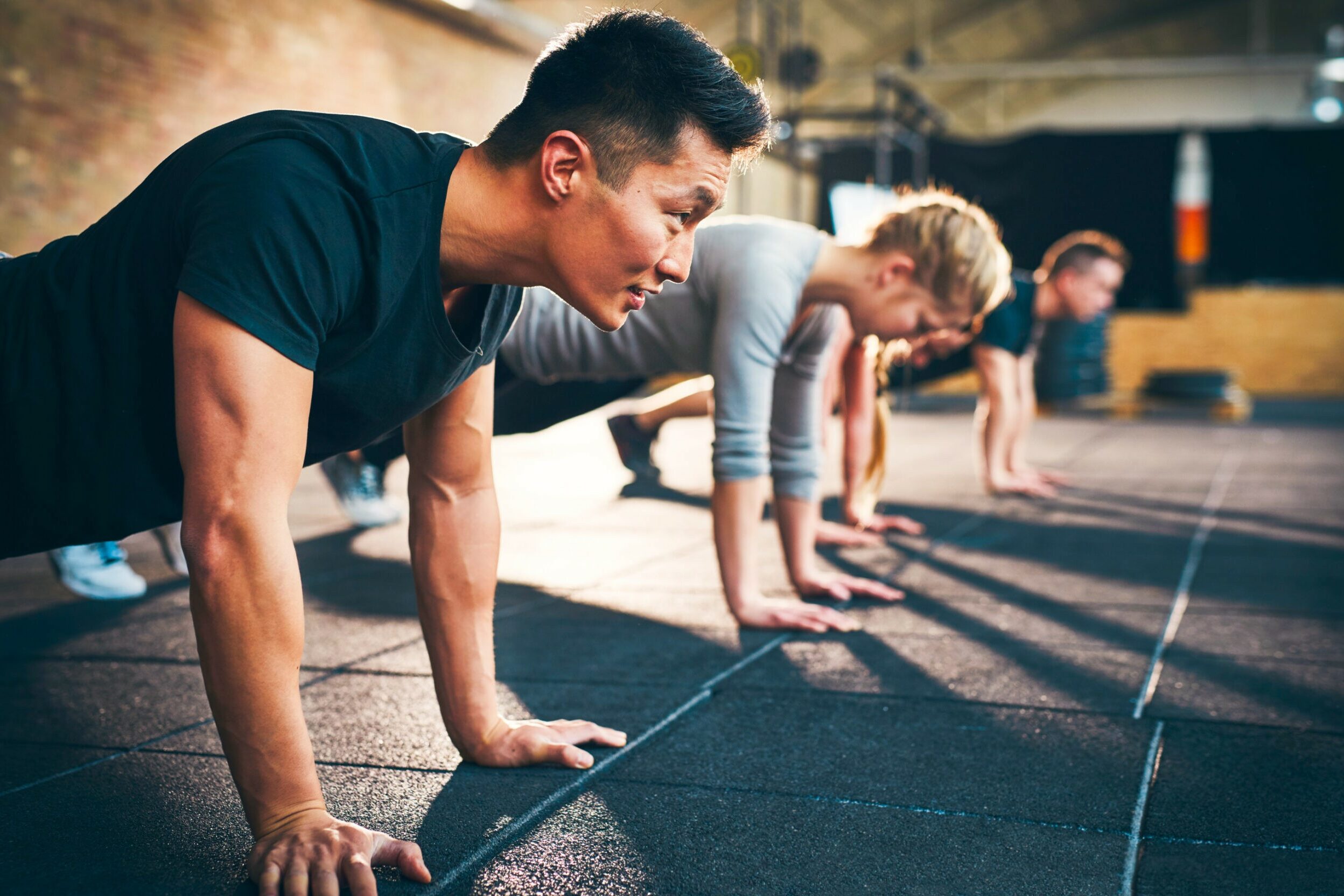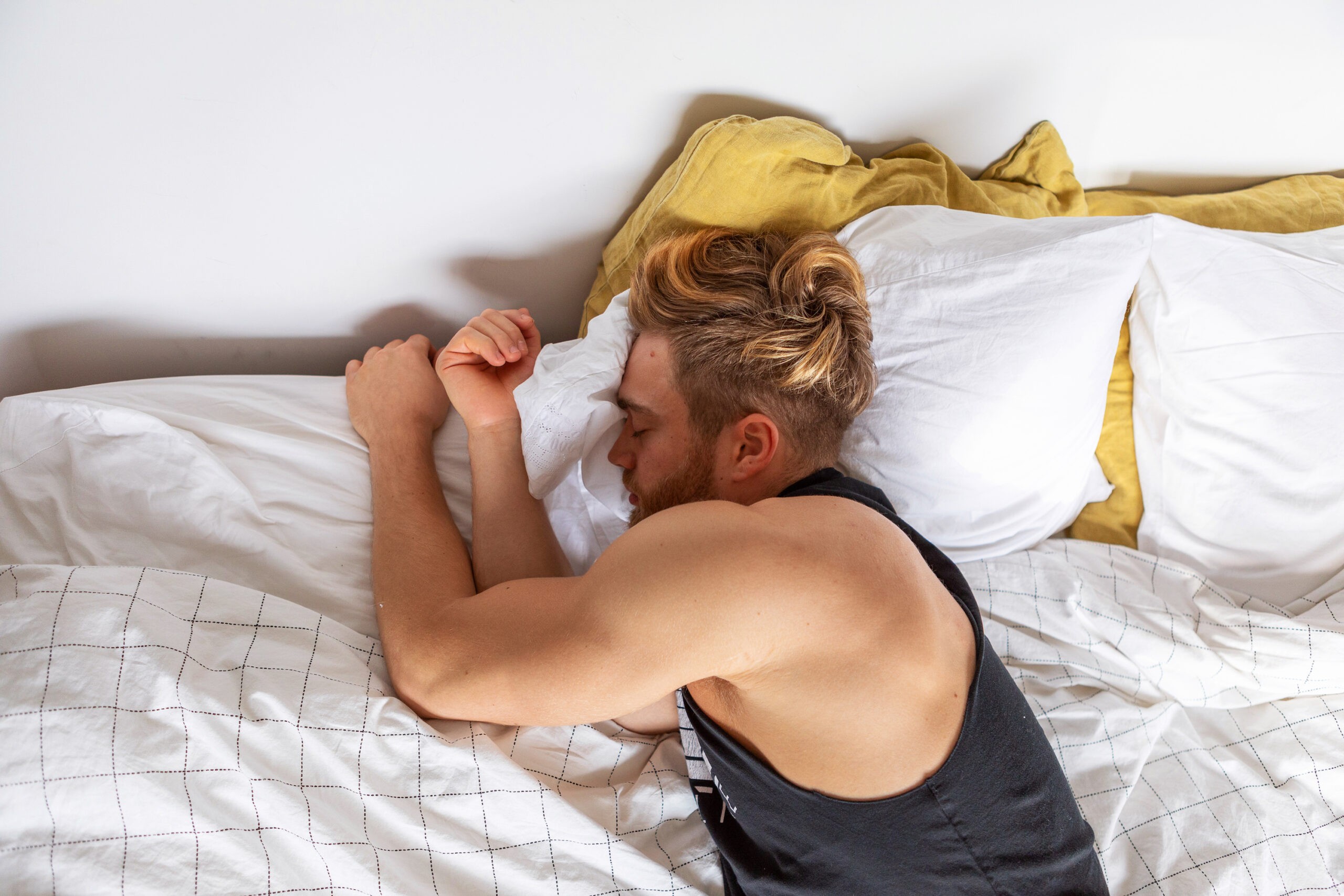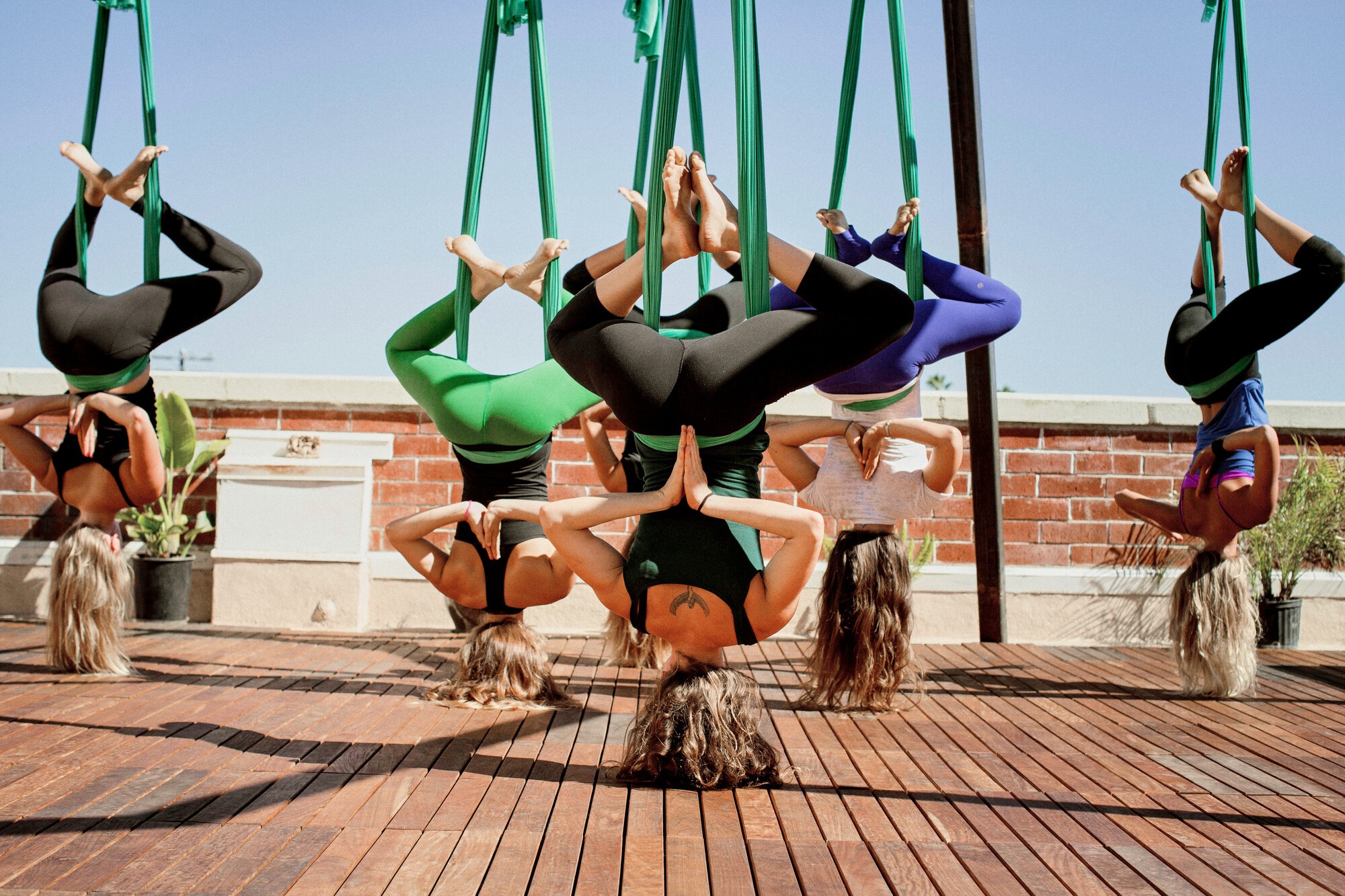Looking to enhance your overall wellbeing? Increase your physical activity! Whether you are going to sit less, go for more walks or upgrade your workout routine; it’s all good as long as you Move.
Why Move?
Move regularly and your energy level will be substantially higher and more balanced. You’ll be less tired, have fewer cravings for (comfort) food and you will be better at dealing with any kind of stress coming your way. Over time, regular physical activity has the power to prevent or reduce a whole series of (chronic) health hazards – ranging from type 2 diabetes, to depression and dementia.
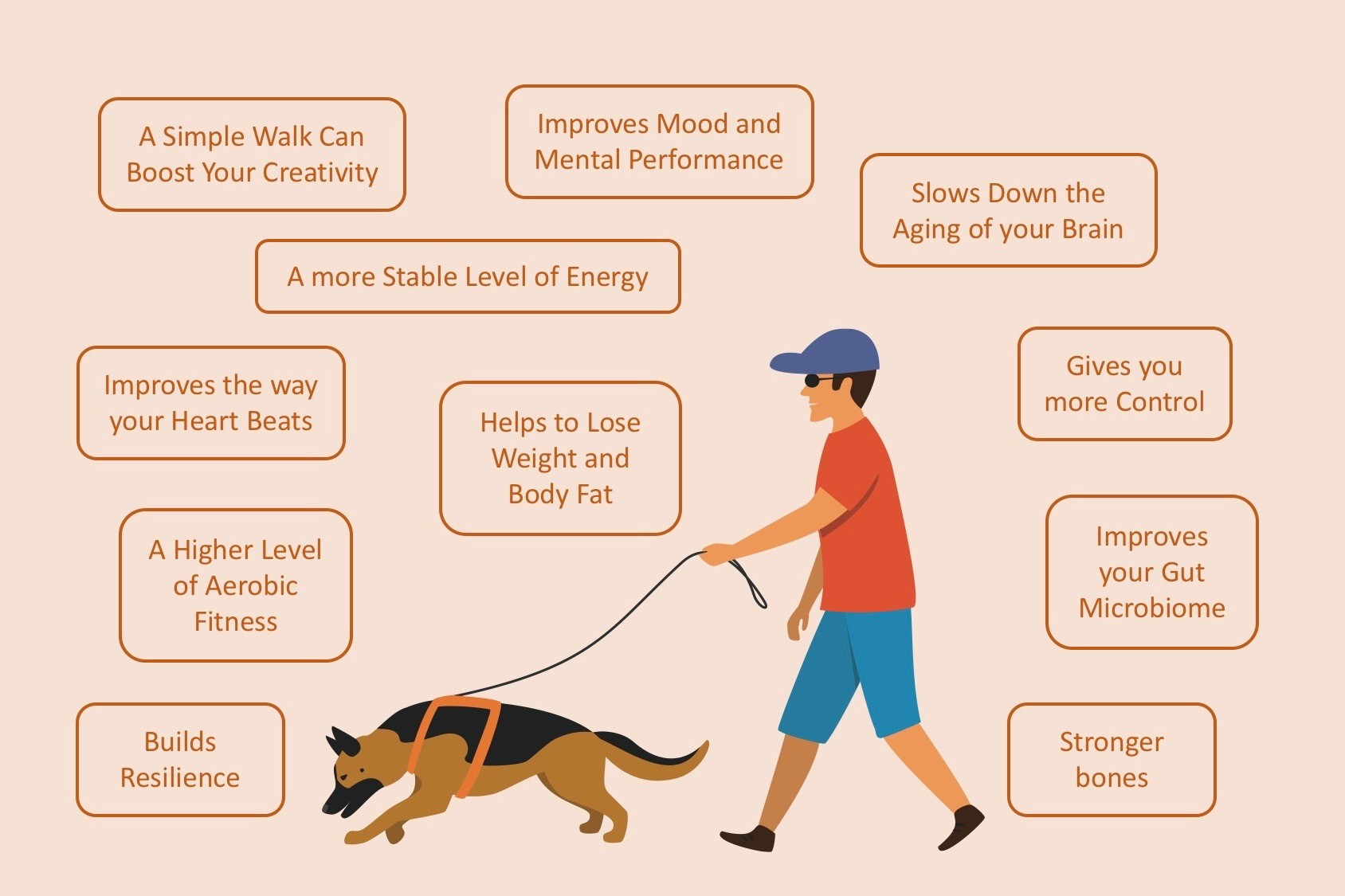
Move and Energy Flows
When you move, your body releases epinephrine (aka adrenaline) and norepinephrine. As a result, you will experience a flow of energy surging through your entire body. Exercise regularly and you will feel more energetic, even when you aren’t active. You will upgrade both your respiratory and cardiovascular system, which are responsible for the uptake and transport of oxygen through your body.
Furthermore, physical activity can stabilize your blood sugars throughout your day. Exercising after meals is even more effective and allows you to substantially lower your blood glucose levels for more than three hours. Exercise also improves the quality of your sleep, which promotes your energy the next day, altogether increasing your capacity to free up energy whenever you need it.
Better Mood and Mental Performance
Exercise benefits a whole series of brain functions essential for mental performance. It improves focus, the ability to solve problems, creativity, memory, learning abilities, resilience and impulse control. Interestingly, you don’t need to go at it hard to experience most of the brain boosting effects of exercise.
Improves Your Gut Microbiome
Exercise can change the composition of your gut microbiome. The trillions of microscopic organisms that reside in your gut, play a crucial role in your energy management, mood and mental performance. They have a direct influence on your metabolic health and brain-function. Imbalances in the microbiome are strongly related to diseases such as obesity, insulin resistance, diabetes, depression and autism spectrum disorders.
A Higher Level of Aerobic Fitness
Regular exercise will increase your aerobic fitness. To guarantee your long-term energy, your aerobic fitness becomes increasingly important as you get older. What’s more, it may even allow you to compensate for prolonged sitting, at least when it comes to longevity.
Lose Weight and Body Fat
While physical activity only accounts for 15-30% of your daily energy expenditure (the vast majority comes from your resting metabolism), it can definitely help keep those extra pounds off and help you get rid of excess belly fat.
Work out on a regular basis, for longer than three months and your body will get better at burning fat while you exercise, as the number of capillaries in your muscles increase. Add strength training to the mix, and you can optimize fat loss while you simultaneously maintain or increase your muscle mass. You’ll develop more energy burning muscle fibers, allowing you to burn more calories while you exercise. On top of that, you will increase your resting metabolic rate (RMR), meaning you will burn more calories throughout the rest of the day, even when you remain inactive.
All in all, physical activity can boost your performance, add healthy years to your life and prevent vast amounts of unnecessary energy loss.
Use It or Lose It
While the benefits of physical activity are practically up for grabs for anyone who becomes active and exercises on a regular basis, it is good to keep in mind that they also easily ‘fly out the window’. If you want to obtain the benefits of motion, make sure you stay active!
Put Your Heart into It
Even though ‘every step counts’ and simple things such as just standing up regularly throughout your day help prevent health issues related to prolonged sitting, getting out of your chair alone will not be enough to obtain the abundance of benefits that genuine physical activity has to offer. For that, you will need to increase the intensity of your physical activity. In short: you will need to exercise.
Exercise does not imply running until you drop. Any activity that makes your heart and breathing rate go up substantially, and makes you feel slightly warmer, counts. Depending on your current fitness level, you might need to do more or something different to make your efforts count as genuine exercise. For most people, things like brisk walking, gardening, climbing a few flights of stairs, or going for a jog will already count as exercise.
How much Physical Activity Do You Need?
According to the Move Standard, you need to exercise at least 150 minutes at moderate intensity, every single week, and do strength training on at least two days a week for all major muscle groups, including your core, legs and arms. Alternatively, you can do 75 minutes of vigorous aerobic activity, in addition to at least two days a week of muscle strength training. Preferably all of these activities are to be spread throughout the week.
In case these numbers seem daunting to you, don’t worry. If you are doing too little now, becoming more active will give you the highest return on investment. When you start doing half of the advised aerobic exercise, you will already obtain significant health benefits.
In practice you can use any mix of activities to meet the Move Standard, as long as the volume of your movement is big enough. Ideally, your physical activity is spread out throughout the week. This is not a must though. How much time you need to invest, depends on what you are doing. The more heart you put into it, the less time you will need to reach the Move Standard.
Your Personal Needs
Many things influence your personal need for exercise. For example, your fitness levels, lifestyle, body composition, genetics, work environment, athletic goals and even the way you deal with stress matters. How much exercise you will need in any given situation is impossible to say. But, one thing is certain, as you grow older, when you want to lose weight or when you want to lower your stress levels, you need to exercise more.
Interrupt Sitting Repeatedly
While getting enough physical activity is essential to your wellbeing, it’s just as important to avoid sitting for longer periods of time. Prolonged sitting has a negative effect on the brain’s fuel supply. This does not only result in lower perceived energy levels, but also in a less effective brain. Over time, prolonged sitting can have a negative impact on your brain health, longevity and overall wellbeing, and an increasing amount of research suggests that is even the case for those who exercise regularly. It is best to stand up regularly during the day.
Are You Active Enough?
Are you giving your body and brain what they need in terms of physical activity? Are you meeting the Move Standard? For many people these questions, especially the latter, are not easy to answer, even more so if they think that they are doing alright (if they are anywhere close to making the Move Standard).
Track Your Activity
Whether you choose to use your mobile, a basic fitness tracker or your smart watch, tracking your physical activity is guaranteed to give you valuable insights that will make it easier to determine whether you are ‘getting what you need’.
Put Your Body to the Test
To see for yourself what all your hard work is doing for you in terms of your exercise capacity, strength, flexibility, body composition and metabolic health – such as blood glucose and cholesterol -, you should put your body to the test every once in a while.
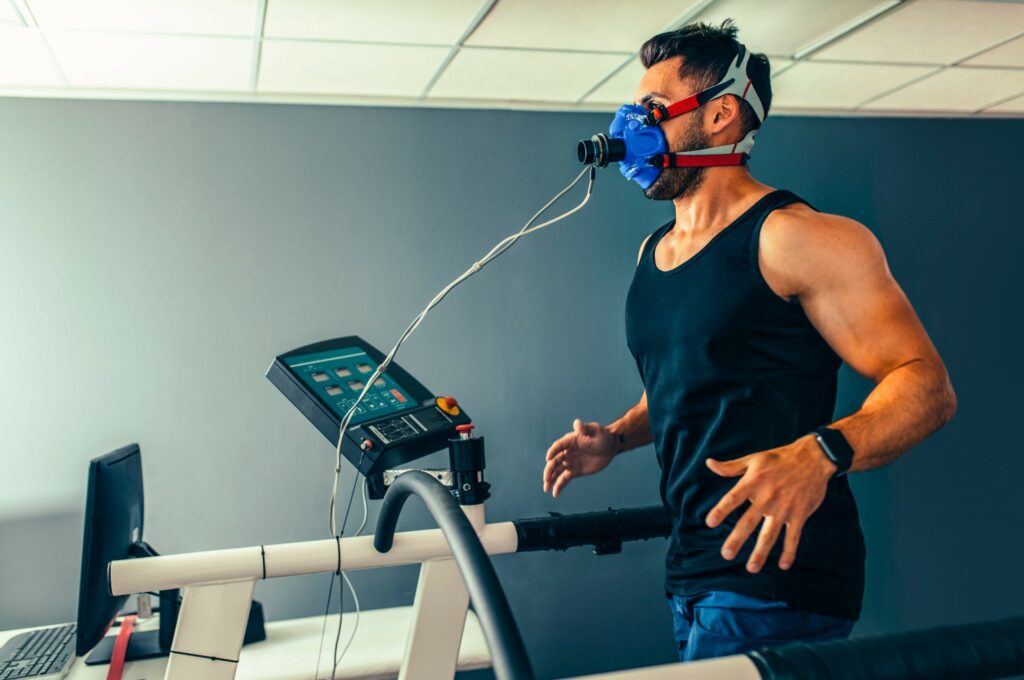
This will give you valuable insights that will help you determine whether you are on track, or how much (more) exercise you need to reach your goals.

